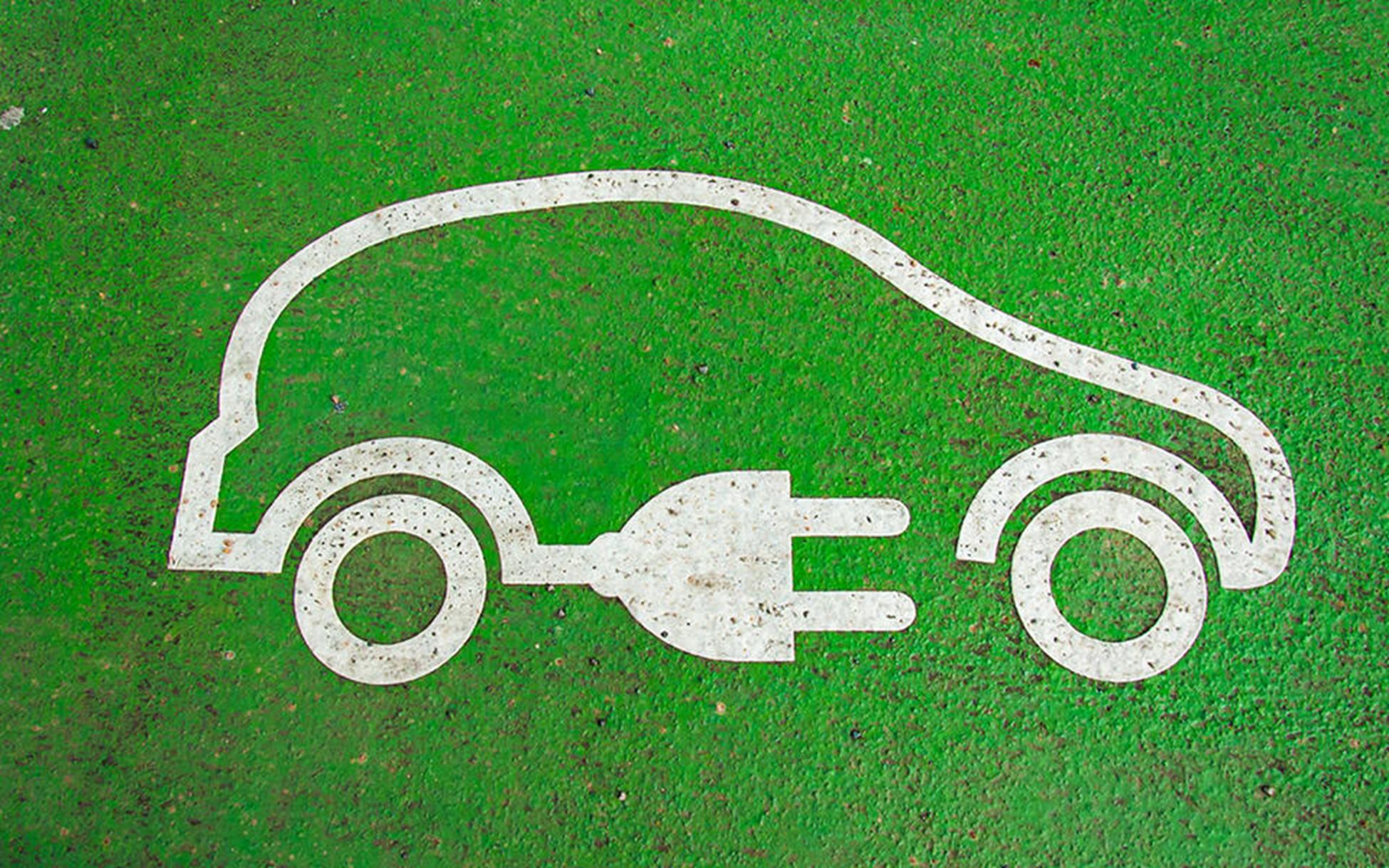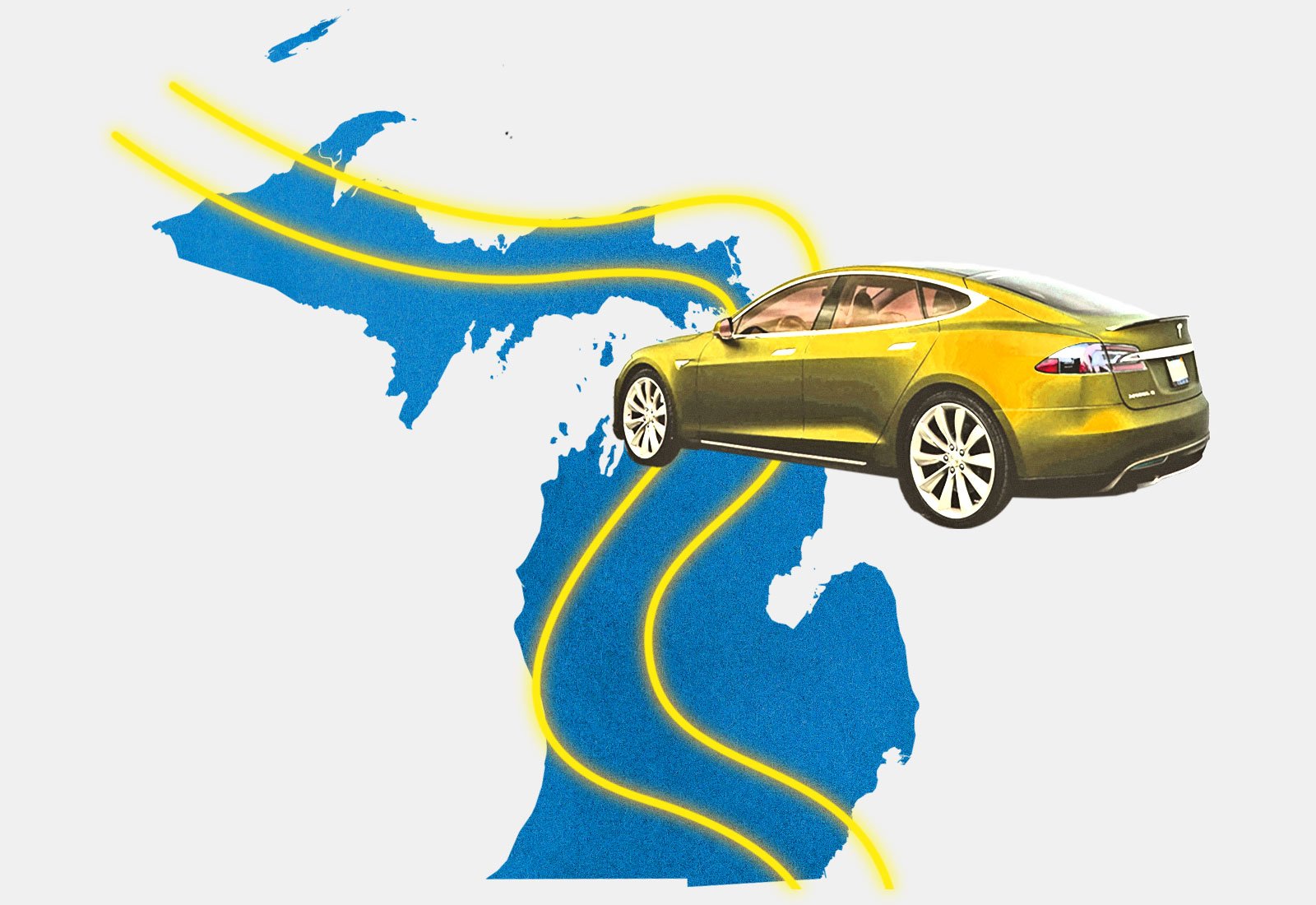
EAST LANSING, Mich. – Anderson Economic Group (AEG) today released the results of their analysis on the state of the electric vehicle (EV) charging infrastructure in Michigan, finding that the number of charging stations around the state increased significantly in 2023.
AEG found that, as of April 2, 2024, there are currently 311 public DC fast charging stations and 1,141 Level 2 charging stations across Michigan. In 2023, the number of public DC fast charging stations increased by 102, about 52%, over the total of the prior years where there were 196 charging stations. An additional 13 stations came online in early 2024.
Michigan’s EV charging infrastructure growth rate is slightly higher than for the nation overall. In the U.S., the number of public DC fast charging stations increased by 47% in 2023. There are currently 9,177 DC fast charging stations in the United States.
AEG analyzed the geographic distribution of existing charging stations. Findings include:
- DC fast charging stations are concentrated in the lower half of the Lower Peninsula.
- These are available mainly in the urban areas of Detroit, Ann Arbor, Lansing, Grand Rapids, and Kalamazoo. This is what is expected as there is higher demand in these population centers.
- There are relatively few DC fast charging stations in the upper half of the Lower Peninsula, with some available in Traverse City and along major highways.
- There are 9 DC fast charging stations in all of Upper Peninsula, located in Marquette, Houghton, Hancock, Copper Harbor, Sault St. Marie, Brimley, Escanaba, Iron Mountain, and Norway.
Michigan has all three types of EV charging stations. The fastest are DC fast, which can charge an electric vehicle in about 30 minutes. Because of their speed, most EV charging infrastructure investment focuses on this type of charging station.
“Growth in the availability of charging stations may drive growth in demand for electric vehicles, as the limited availability of charging stations continues to affect demand for electric vehicles, with affordability being an additional dampening factor.” said Cristina Benton, Ph.D., director of market and industry analysis at AEG. “To address range anxiety, Michigan’s tourism hot spots, rural areas, and major transportation corridors need more DC fast charging stations, and they must be reliably operational.”
Comparison: Michigan vs. U.S. EV Charging Station Infrastructure
Based on charging station data to date, Michigan ranks seventh in the number of DC fast charging stations currently in the United States. The top five states with the highest number of charging stations are California, Florida, Texas, Georgia, and New York. However, when we control for population, Michigan ranks 23rd in the nation in the number of DC fast chargers per capita. The top five states with the highest number of charging stations per capita are Vermont, Maine, Wyoming, Oregon, and Colorado.
Comparison: Gas Stations vs. EV Charging Station Infrastructure
AEG also compared the number of charging stations to the availability of gas stations across the state. While most EV buyers charge at home, many without that ability or those traveling need to access a public charging station while in transit, just as they would need to refuel at a gas station in a car with an internal combustion engine.
“Nearly 20% of Michigan’s population now lives within a 10-minute round trip drive of a DC fast charging station, whereas more than 84% of Michigan’s residents live within a 10-minute round trip drive of a gas station,” said Benton. “It is worth nothing that gas stations have multiple pumps while electric vehicle charging stations typically have two ports, significantly inhibiting the number of cars that can charge at once.”
AEG's analysis uses data from the U.S. Department of Energy Alternative Fuels Data Center, as of April 2, 2024.
A map of EV charging stations in Michigan is available for download here.
###
About the Author
Cristina Benton, Ph.D., is Anderson Economic Group’s director of market and industry analysis and an expert in the automotive industry, geographic analyses, OEM sales requirements, and market opportunity assessments. She has worked with numerous automobile dealerships representing almost every brand available in the U.S. in both expert testimony and non-litigation engagements. Dr. Benton, together with her team, carefully tracks key automotive industry and economic metrics to bring the full width and breadth of industry knowledge to every client engagement.
About Anderson Economic Group
Founded in 1996, Anderson Economic Group (AEG) is one of the most recognized boutique consulting firms in the US, with offices in East Lansing, Michigan and Chicago, Illinois. The automotive industry is a primary area of specialization for the experts at AEG. The firm’s automotive clients include manufacturers, suppliers, trade associations, and dealers and dealership groups. For more information, see AndersonEconomicGroup.com.















